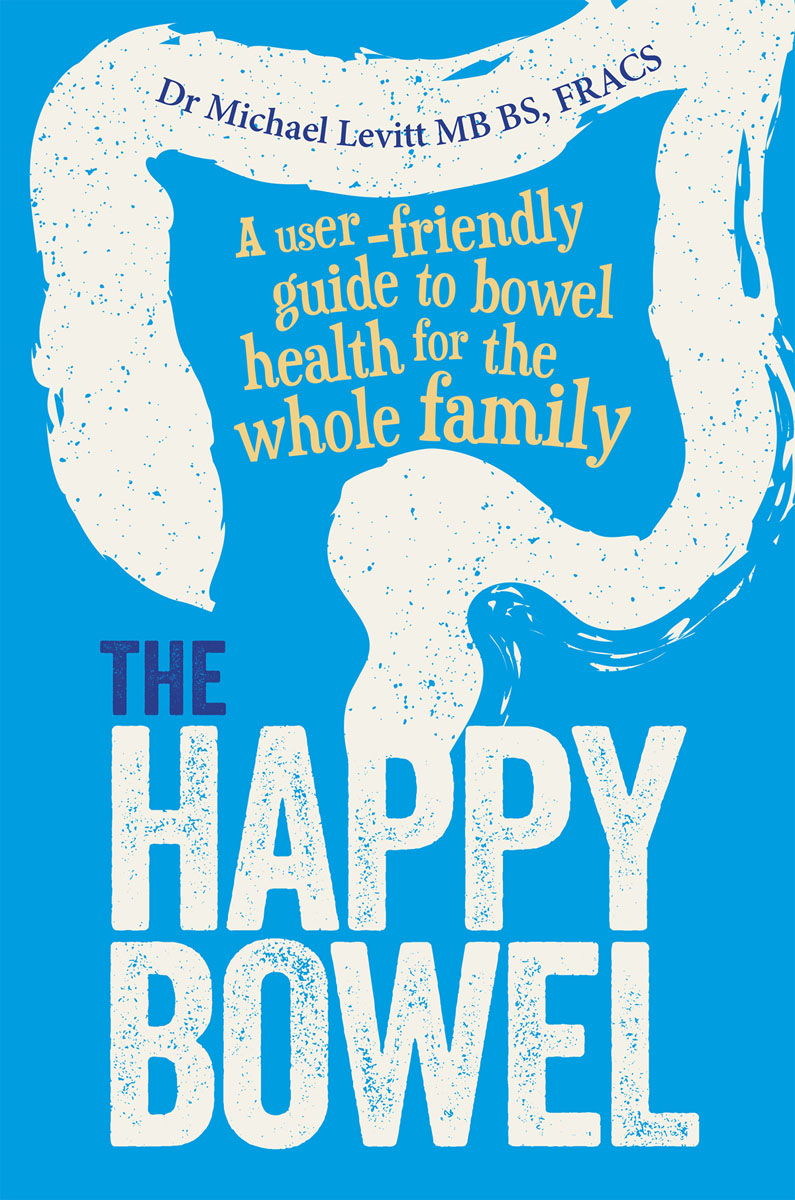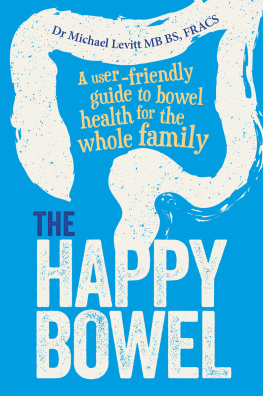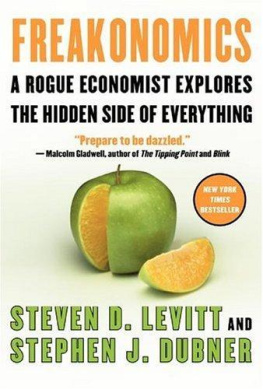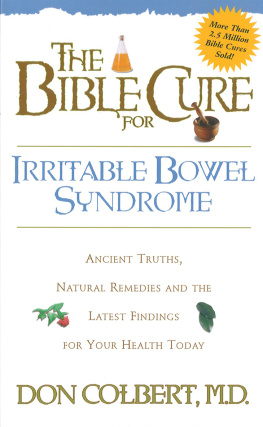

First published 2018 by
FREMANTLE PRESS
25 Quarry Street, Fremantle WA 6160
(PO Box 158, North Fremantle WA 6159)
www.fremantlepress.com.au
Copyright Michael Levitt, 2018
The moral rights of the author have been asserted.
This book is copyright. Apart from any fair dealing for the purpose of private study, research, criticism or review, as permitted under the Copyright Act, no part may be reproduced by any process without written permission. Enquiries should be made to the publisher.
Printed by McPhersons, Australia

The Happy Bowel. A user-friendly guide to bowel health for the whole family.
ISBN: 9781925591248 (epub)

Fremantle Press is supported by the State Government through the Department of Local Government, Sport and Cultural Industries.

Publication of this title was assisted by the Commonwealth Government through the Australia Council, its arts funding and advisory body.

Dr Michael Levitt MBBS (UWA), FRACS trained as a surgeon in Western Australia before pursuing subspecialty training in colorectal surgery at Londons St Marks and Royal Free hospitals. Since 1990 he has worked in WA as a specialist colorectal surgeon. Michael has a particular interest in the management of functional bowel disorders constipation, incontinence and irritable bowel syndrome and is well known for his approach to treating these conditions. Michael is a member of the Colorectal Surgical Society of Australia and New Zealand. He is the Chairman of the Tonkinson Colorectal Cancer Research Fund Advisory Committee, a Director of St John of God Health Care, a member of the Medical Board of WA and Medical Director at Osborne Park Hospital, WA. In 2003 Michael received a Centenary Medal in recognition of his work in raising public awareness and understanding about colorectal cancer. He has published several chapters in surgical textbooks and over 30 articles in peer-reviewed medical journals, and is the author of The Bowel Book (2002) and The (Other) Womens Movement (2008).
Contents
Introduction
On most days of their lives, a sizeable percentage of the human population of this planet opens their bowels. True, some do so with relatively less frequency or greater difficulty, while others do so more than once a day or with unseemly urgency. All in all, however, on every single day, throughout every corner of our planet, an innumerable number of human bowel actions takes place.
In the process of all this bowel opening, we humans can and do experience substantial stress and distress; failure and success; pleasure, agony and despair; anxiety, self-recrimination, frustration and exhaustion; satisfaction, pride, jubilation and even, occasionally, true wonder. The full gamut of these emotions will arise virtually every day for literally billions of people in the course of carrying out or even just thinking about carrying out an exercise that can take anything from a few desperate seconds to any number of interminable, lonely minutes.
Given the undeniably important role that opening our bowels plays in the broad sweep of human existence, it is truly mystifying that this pivotal bodily function enjoys such a diminutive place in our society. Rather than forming the basis of informed discussion, it is generally relegated to the dismal ranks of what is disparagingly referred to as toilet humour. Even in the world of science, virtually all considered research is directed elsewhere.
Its true that there is inherent sensory offence associated with even the most ordinary of bowel actions. Its also true that other, more extraordinary bowel actions often produced by otherwise unremarkable individuals can result in memorably nauseating or unequivocally toxic emissions that inhibit clear thought, let alone dispassionate scientific discourse. Yet we are rarely offended by our own issue, however voluminous or malodorous it might be. Indeed, it is truly ironic that we can be physically repulsed by a fellow human beings defecatory efforts while remaining unmoved or even frankly impressed by our own entirely similar output.
There is, in fact, much about the use of our bowels and the impact this routine function has on our lives that is difficult to explain. But in the course of a career devoted to analysing and trying to improve the bowel habits of individuals puzzled and bedevilled by the malfunction and outright failure of their bowels, I have been able to identify many of the factors that can contribute to such failure and, likewise, to isolate the critical elements of a successful, satisfying bowel habit. There are indeed a few all-important Golden Rules for success, and associated clear guidelines for satisfaction, and together these can help us to achieve a happy bowel.
The purpose of this book is to introduce and explain these rules and guidelines, and to assist you in achieving happiness and relief in the course of using your bowel.
Michael Levitt
MBBS (UWA), FRACS
Whats normal?

Its remarkable how often patients will describe their bowel habits to me as being normal as if theyve conducted a thorough investigation into the bowel habits of a large and random sample of people of both sexes and all ages and found themselves to be situated comfortably within the mid-range. In truth, there is a very wide range of bowel habits among the general population, which means that at least some aspects of almost anyones bowel habit could be described as normal.
In fact, what most people mean by describing their bowel habits as normal is generally quite straightforward: as far as the average person is concerned, normal means having one bowel action every day.
There are people who believe that going more than once a day is a sign of exceptional normality, and regard such frequency as a desirable, even noble goal. There are others who think that regularity having that all-important daily bowel action at the same time every day is also normal, proudly announcing that they could set their clock by the workings of their bowel, and feeling pleased and even righteous as a result. Others, still, attribute normality to bowel actions that float rather than sink; for these individuals, the relative buoyancy of their output appears to hold particular significance.
But by and large, most people are more or less of the opinion that normal means daily. However, while I can confirm that a daily bowel action is indeed approximately average for the human population as a whole (and I personally have conducted an investigation into the bowel functions of a large and random sample of people of both genders and all ages), this view of normality fails to acknowledge the wide range of variations that exist among us and even worse fails to recognise that a daily bowel action does not necessarily equate to a satisfactory bowel habit.
Next page


















